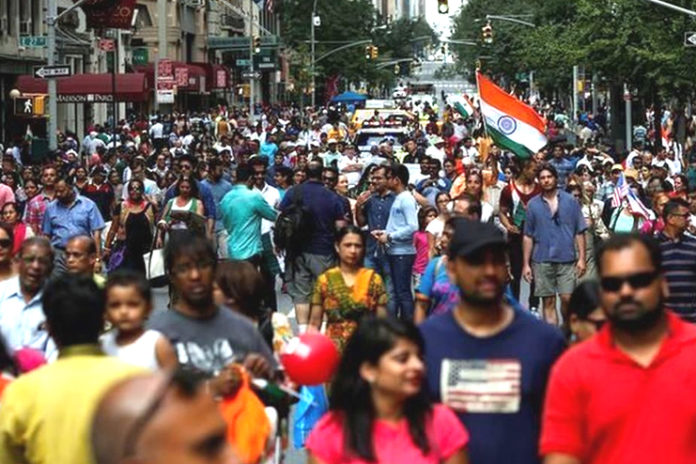Scores of Indians are flying to the United States in a bid to attain a promising future but many of them are perishing due to lack awareness of safety guidelines.
Besides, many students of Telugu origin put themselves in more risks owing to a dearth of financial aid and hard to crack campus jobs.
Security Guidelines for Students
- Students going to the United States for education should be prepared with enough money to cover education and living expenses for the entire period of study and not just for one or two semesters.
- Part-time jobs are dangerous. The risk of violence is very high in jobs involving cash-management, particularly in late shifts and in high-crime areas.
- Health insurance is compulsory. It may cost you some money, but in the long run, lack of insurance can turn out to be a lot costlier than insurance premiums.
- Maintain a valid visa status and be responsive to the International Student Department at all times.
- Do not work at unauthorized part-time jobs while on a student visa. It may lead towards incarceration, deportation, and debarment from future visits to the USA.
Safety Guidelines While Driving
- Fasten seat belts irrespective to the local laws, even if you are a passenger in the rear.
- Drive only if you have an appropriate license or adequate automobile insurance.
- Take a couple of driving lessons to understand basics before you begin to drive in the U.S.
- Avoid late night travel. Though you may be fully conscious and competent, there are thousands of drunk and/or sleepy drivers on the roads, more so late at night.
- Do not mix driving and alcohol or any other substances of abuse. Ensure there is a sober designated driver.
- Do not ever stop on the breakdown lanes of any high- way, unless your car actually breaks down. In such a case, get out of your ear and stay away from the moving traffic.
- If you are ever pulled over by a police officer, do not get out of your car unless the officer asks you to do it Keep your hands on the steering wheel and wait for the officer.
- Pedestrians have the right of way at most places. Do not get too close to them while driving.
- If you ever come across a road accident, please do not rush to rescue people. If you are not careful or trained, you may hurt them instead.
- Do not leave your wallet or any other expensive items exposed and unattended in your car.
- Do not use SMS on your cell phones while driving. Using a cell phone (without a hands-free option) while driving is illegal in most states.
- Do not offer a ride to hitchhikers or strangers.
- Do not seek a ride from a stranger.
Avoiding Confrontation
- Situations can escalate quickly and may have serious consequences, particularly if the other person is armed.
- Do not try to argue with strangers. Most of the arguments end up in a fight.
- Do not make rude gestures or swear at people.
- If you encounter a robber or mugger demanding money or valuables, never try to resist. You could lose your life.
- When in public places, try to talk only in English to avoid misunderstandings.
- Do not stare at other people, especially strangers.
- Try to mingle with local students or people in the community so that you will not be treated as a stranger. Being seen only with Indians will result in you being alienated from the local community.
Apartment/Home/Dorm Room
- Always keep your apartment/home/dorm doors (also windows if you are in ground or first floor) locked and secure.
- Never ever disconnect, break or block smoke detectors in your apartments/homes either to smoke or while cooking.
- Resist the tendency to keep valuable jewelry, documents, and certificates in the home or apartment. A safe- deposit box (locker) is a much safer place.
- Ensure that a trusted friend has a key to your place to help in cases of emergencies.














































